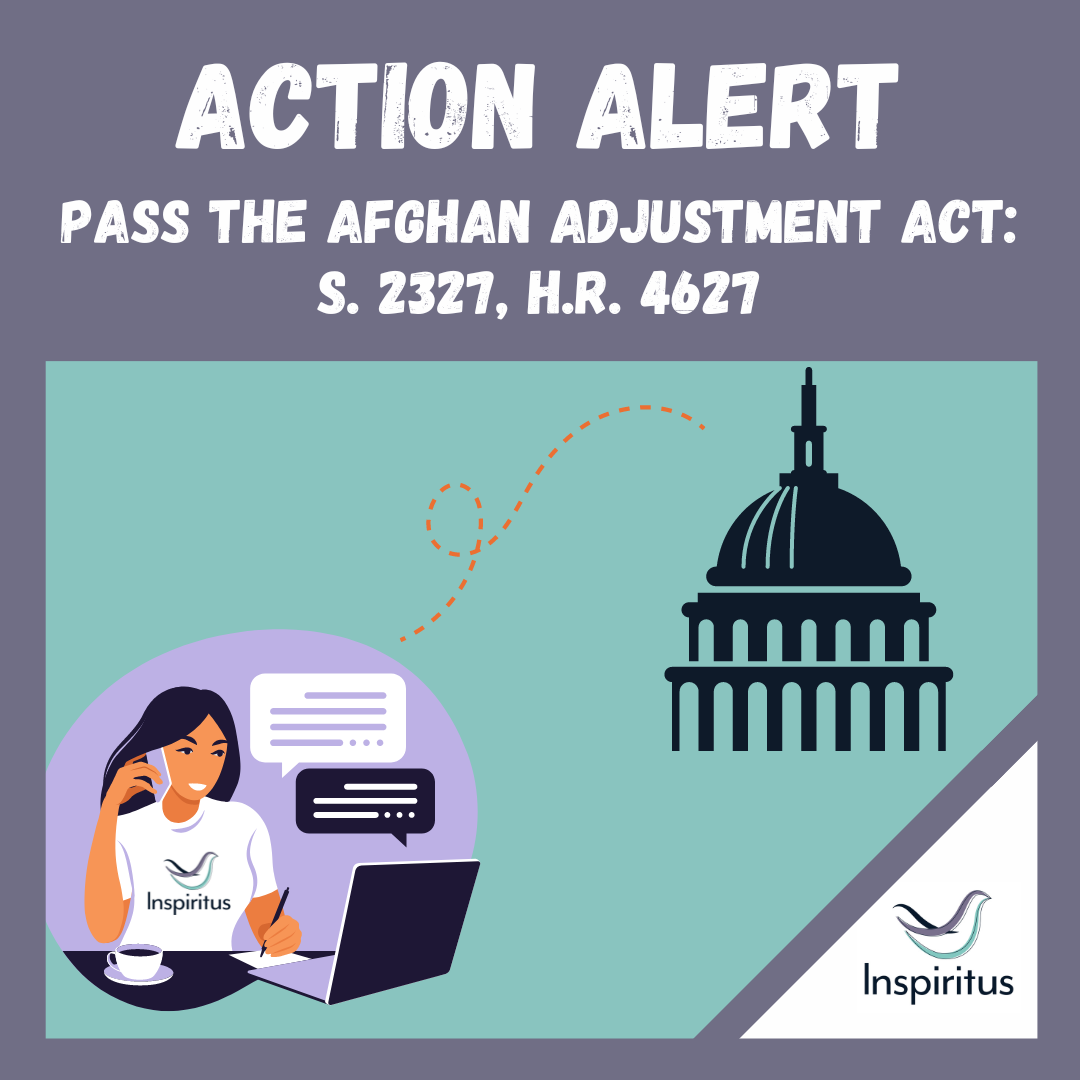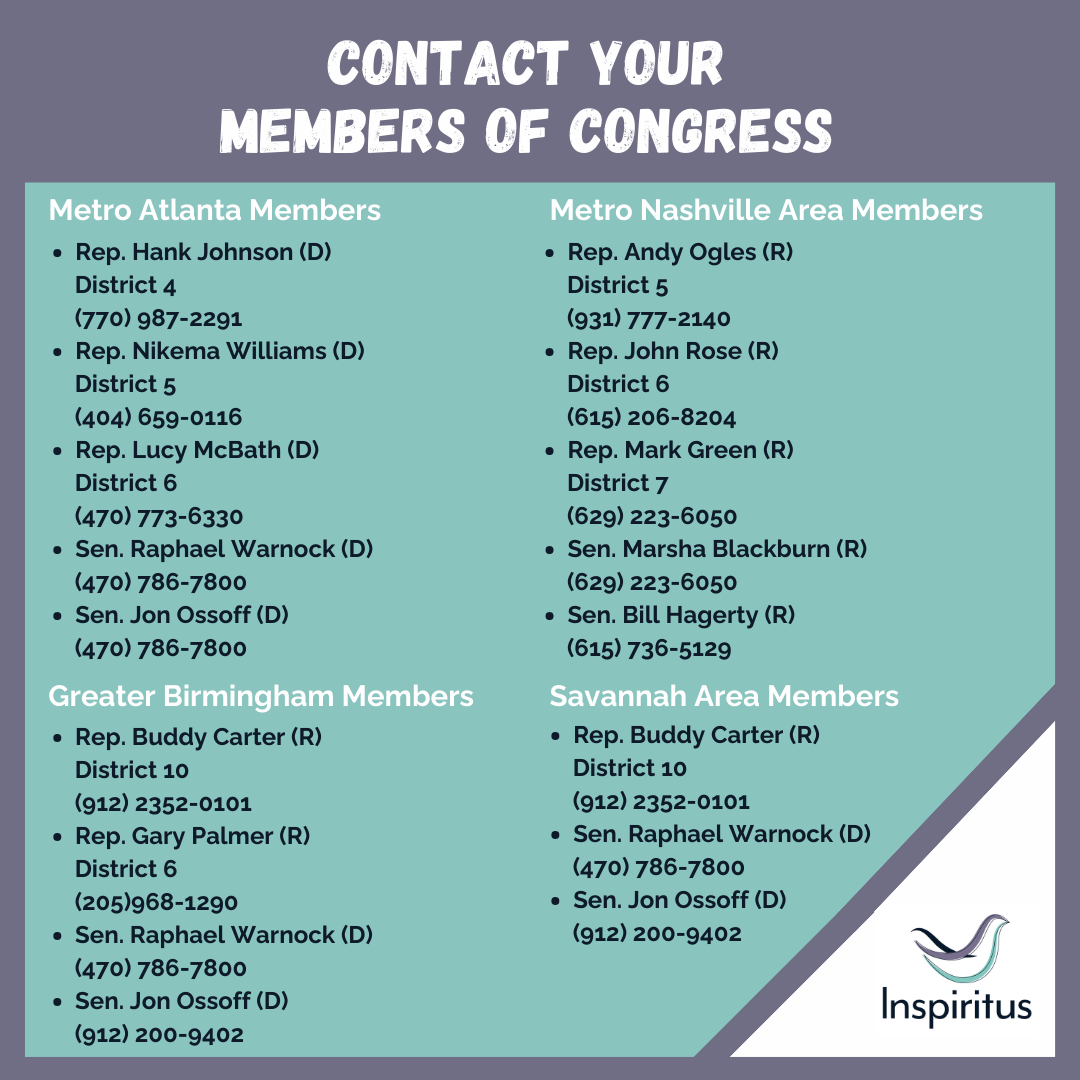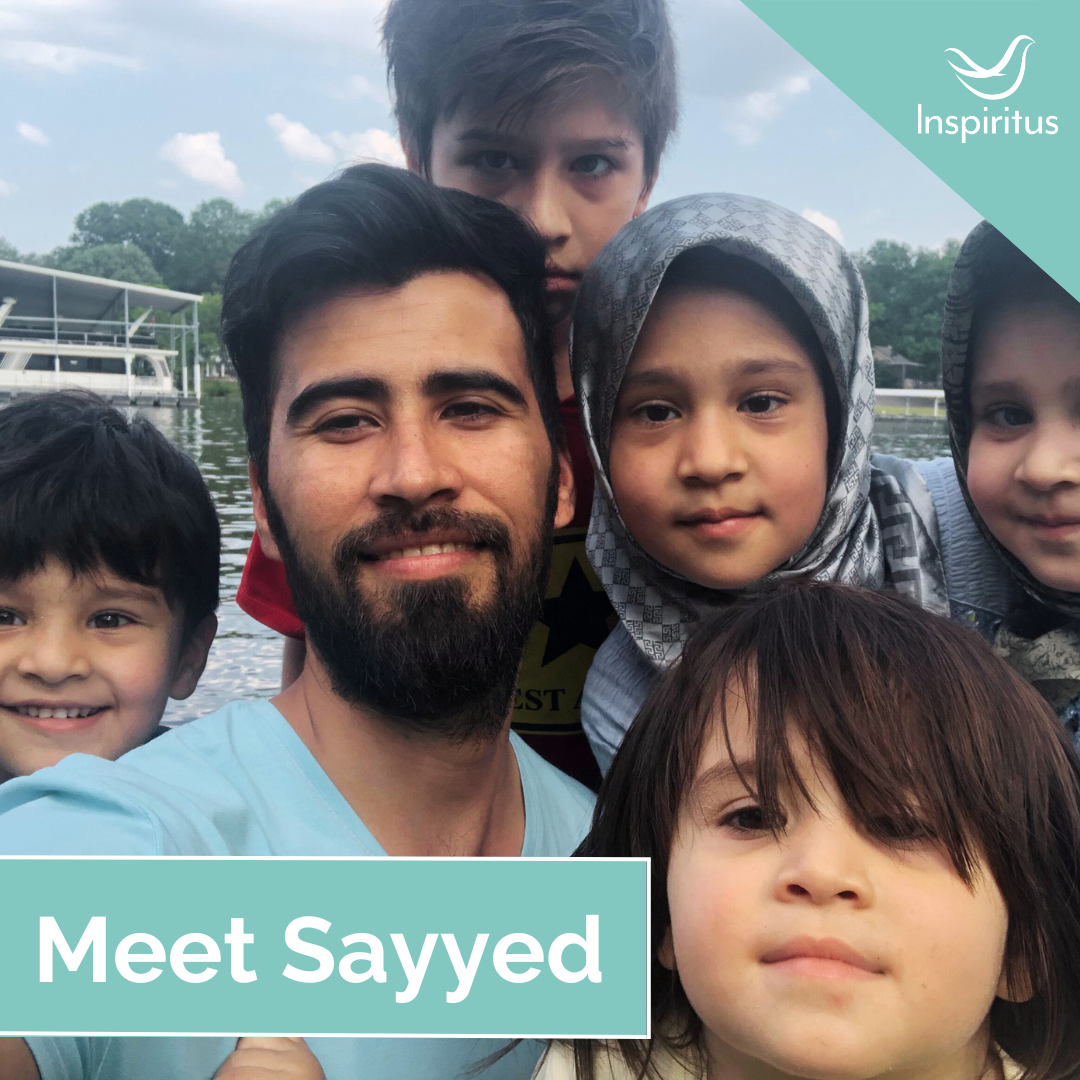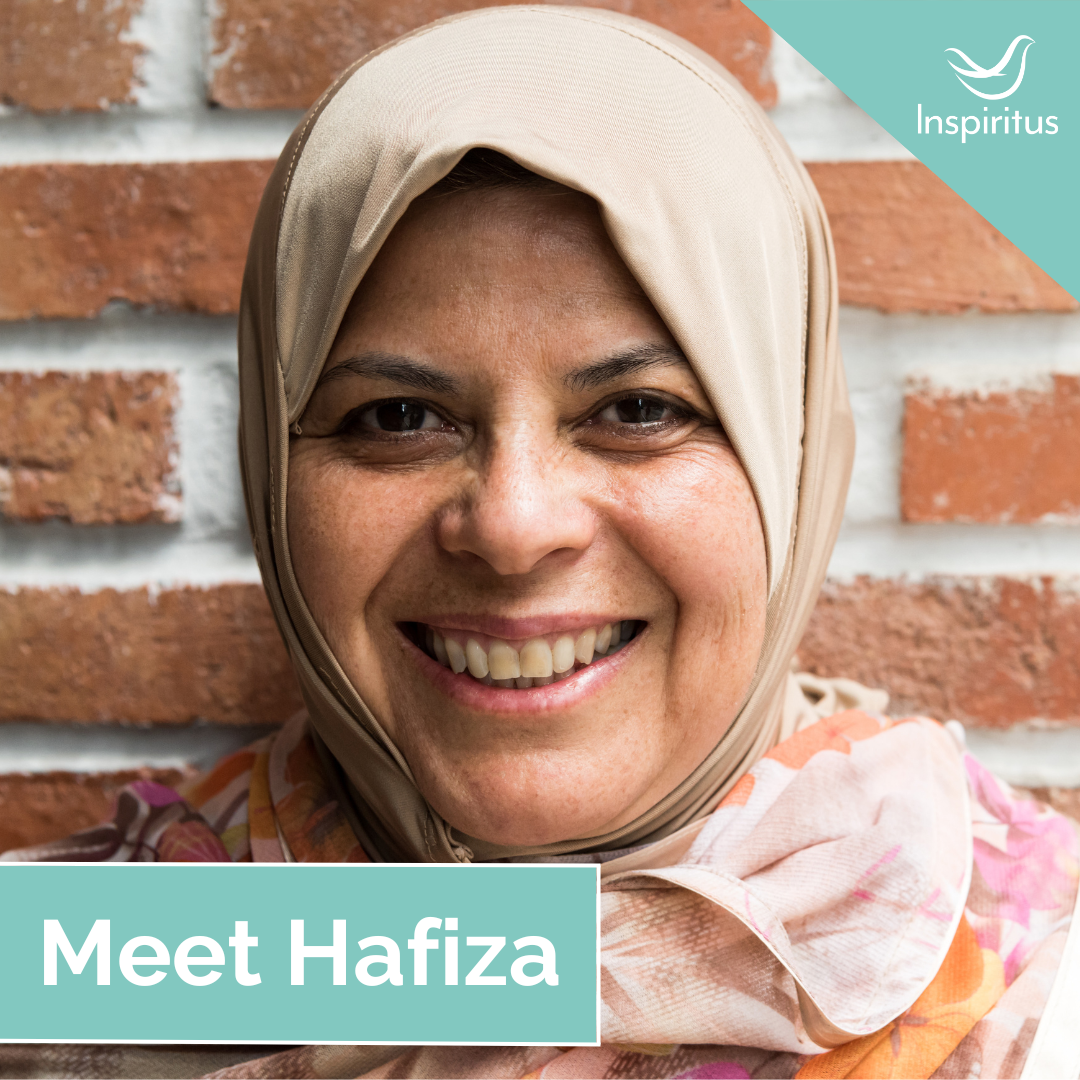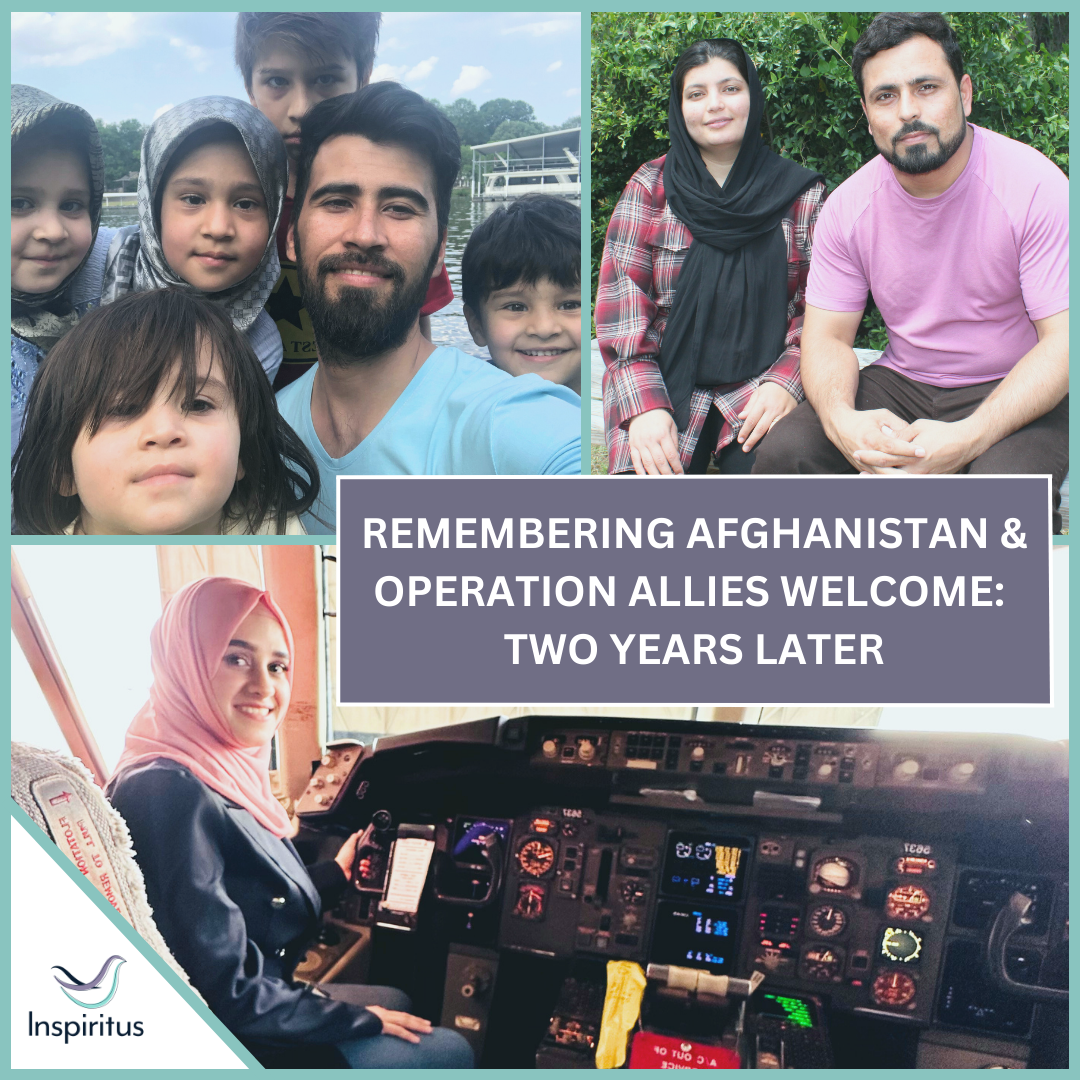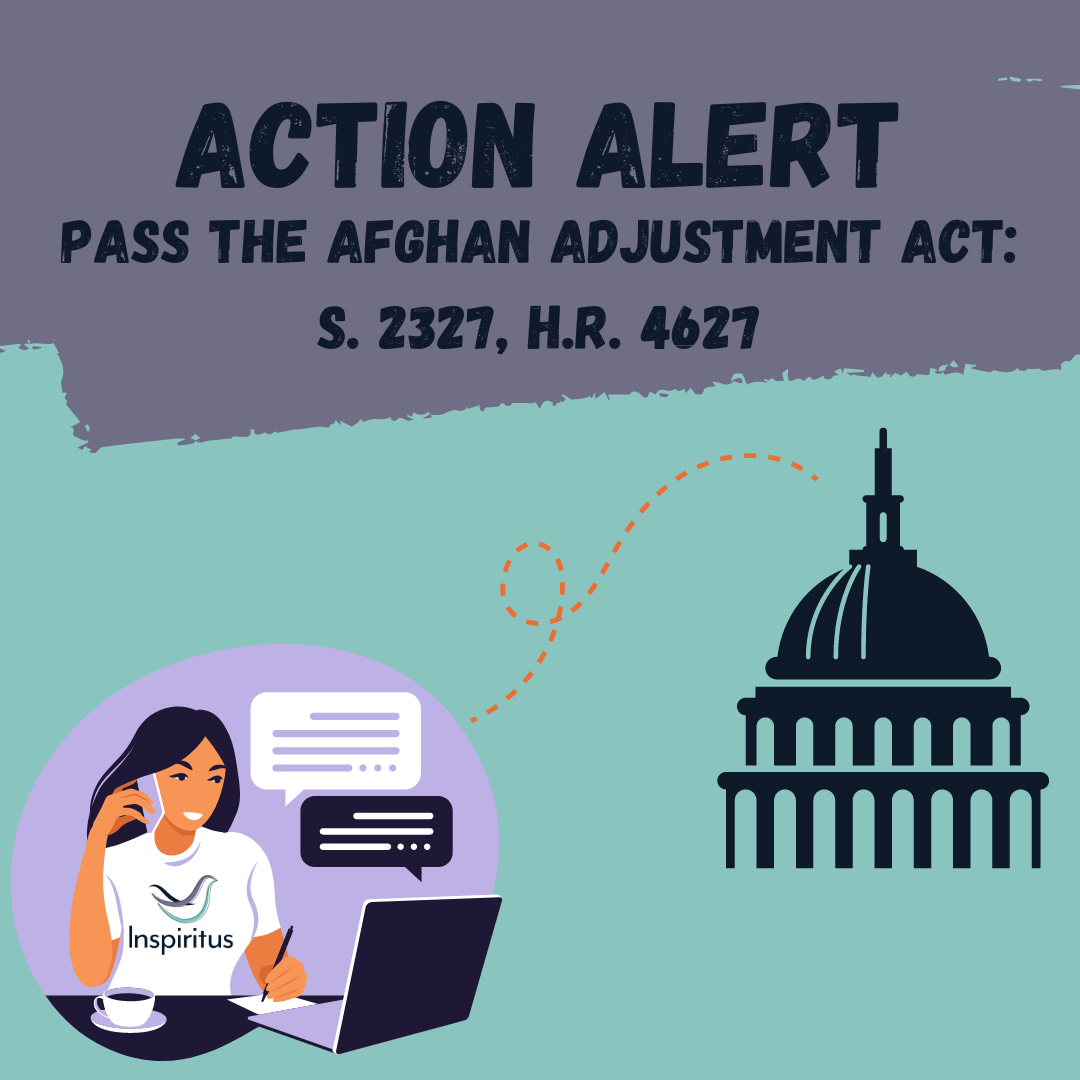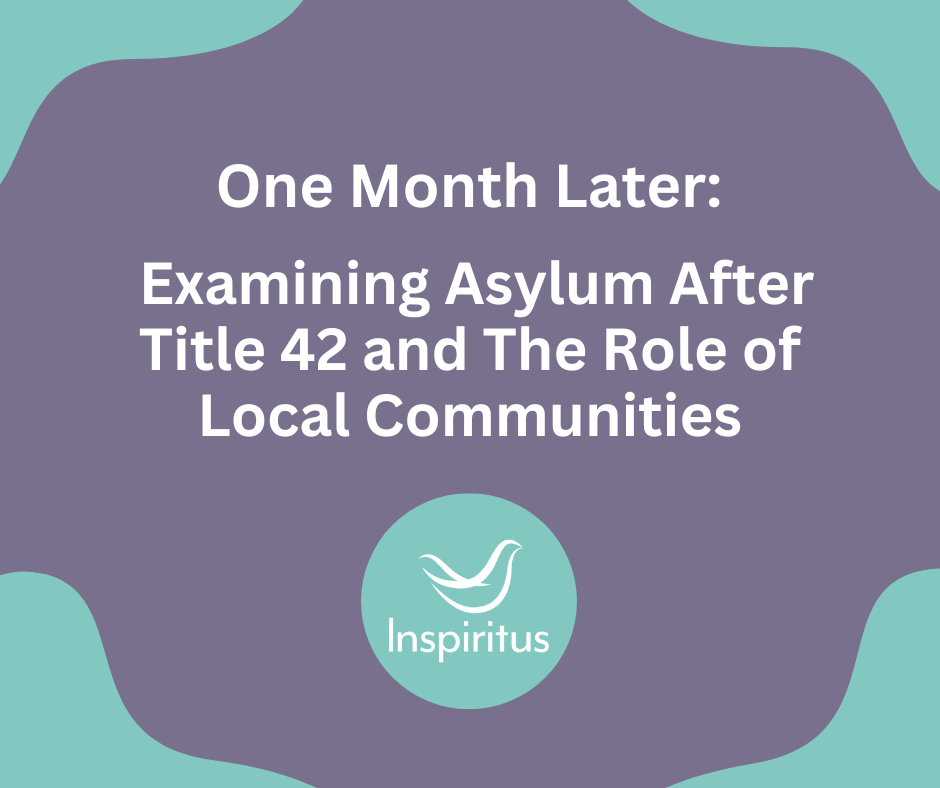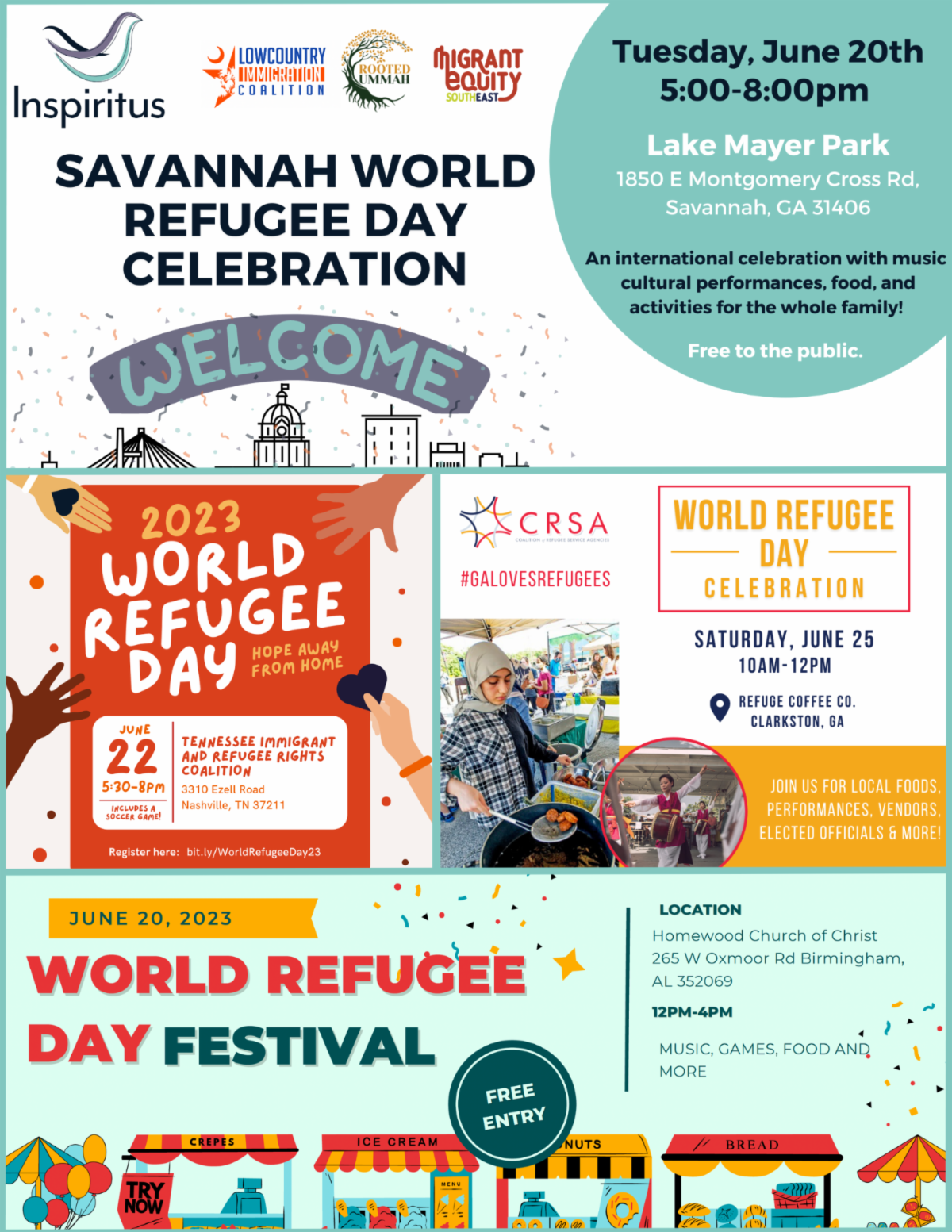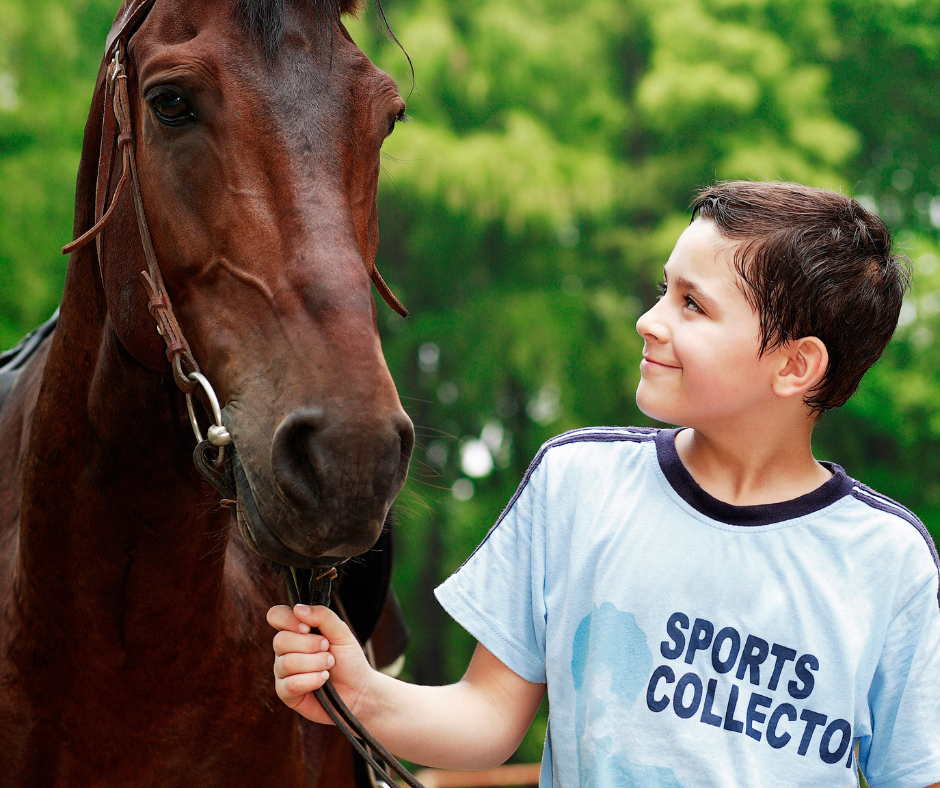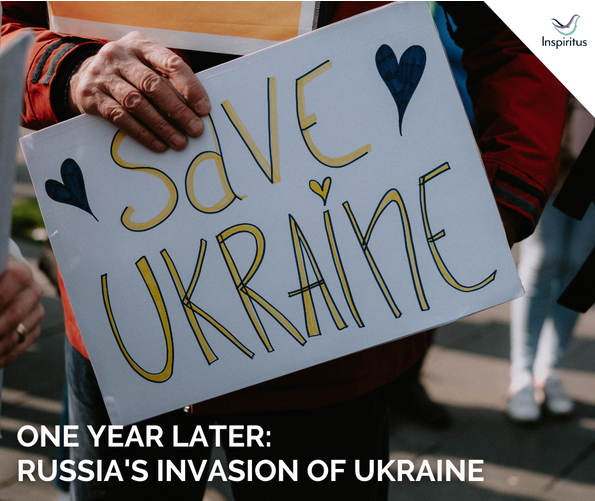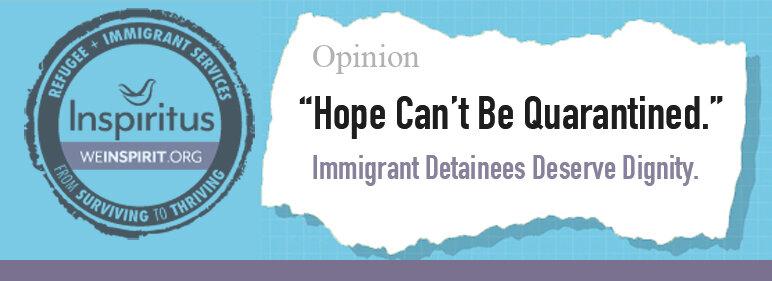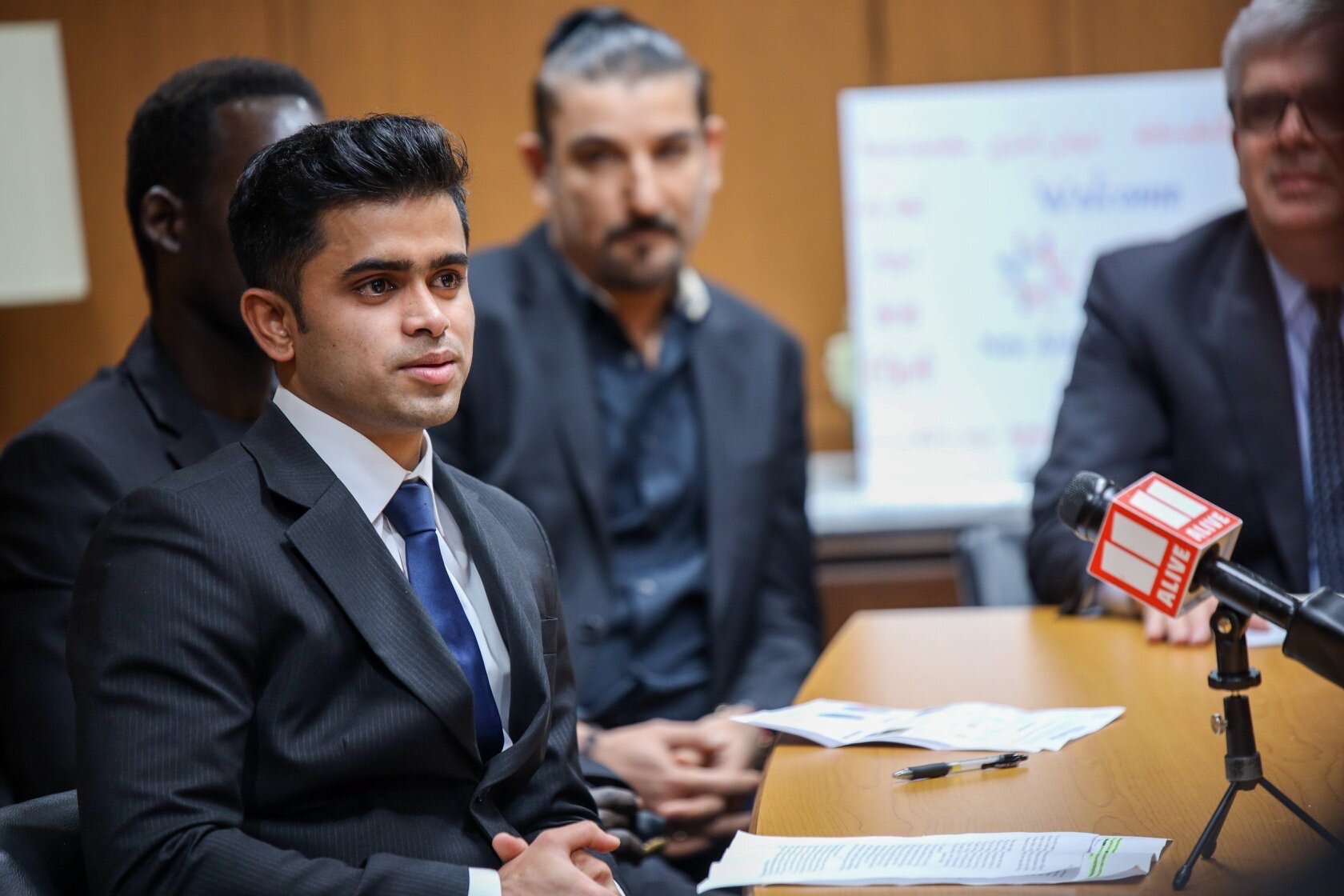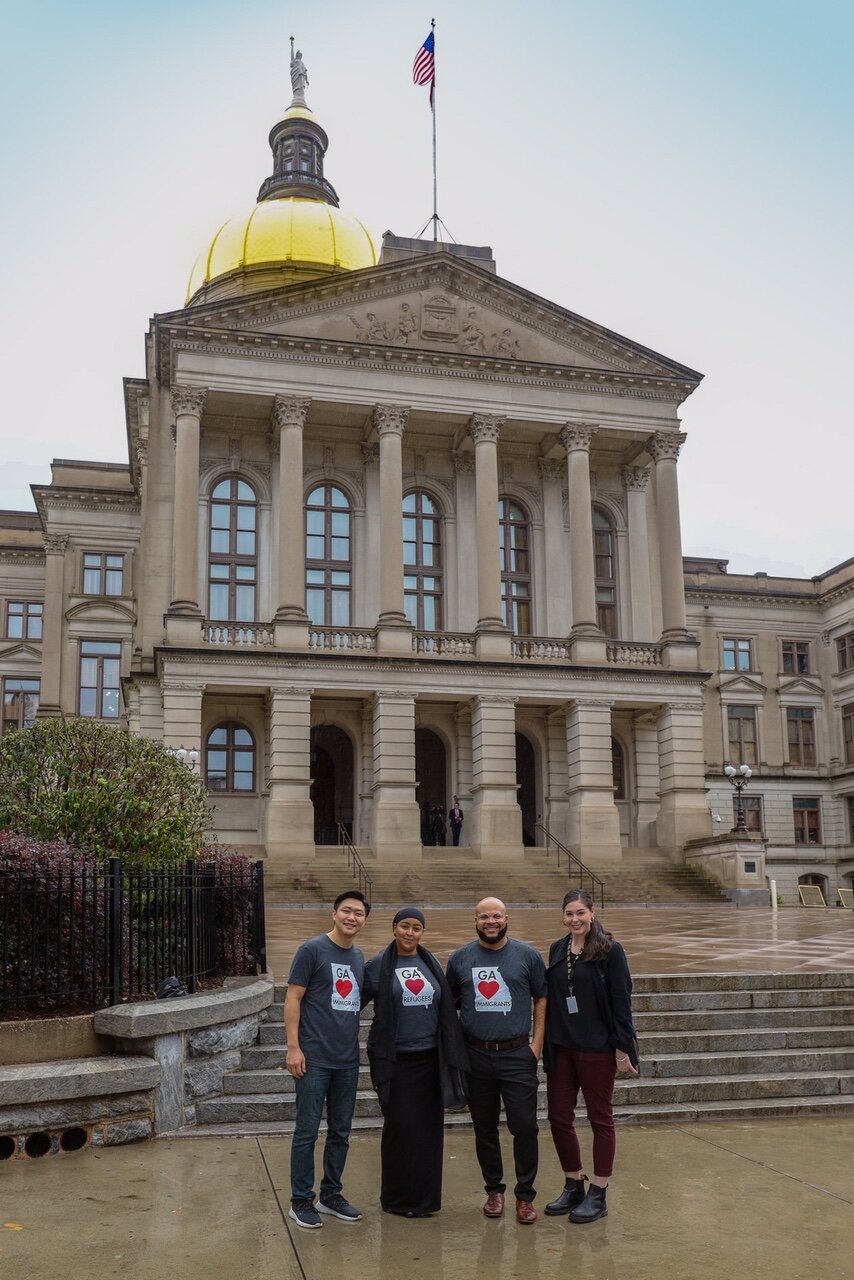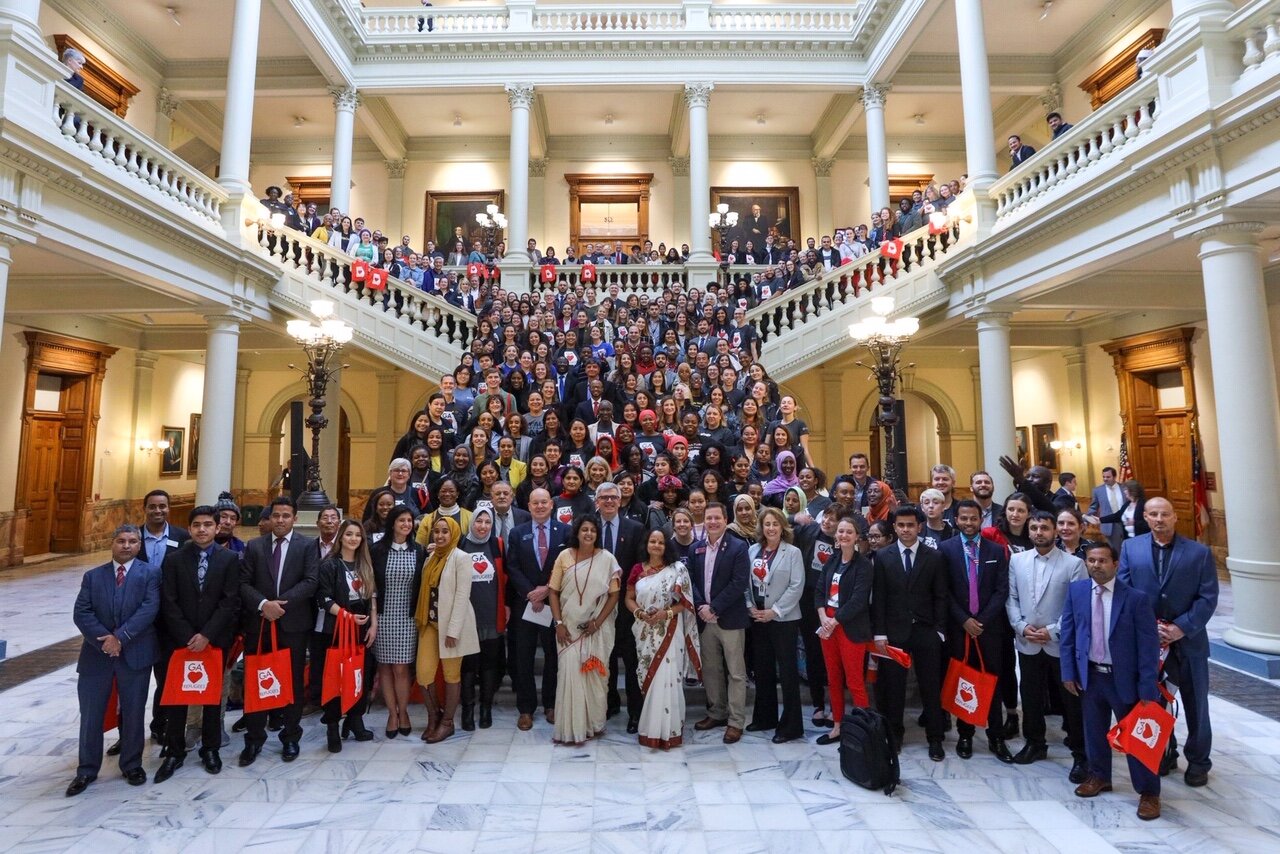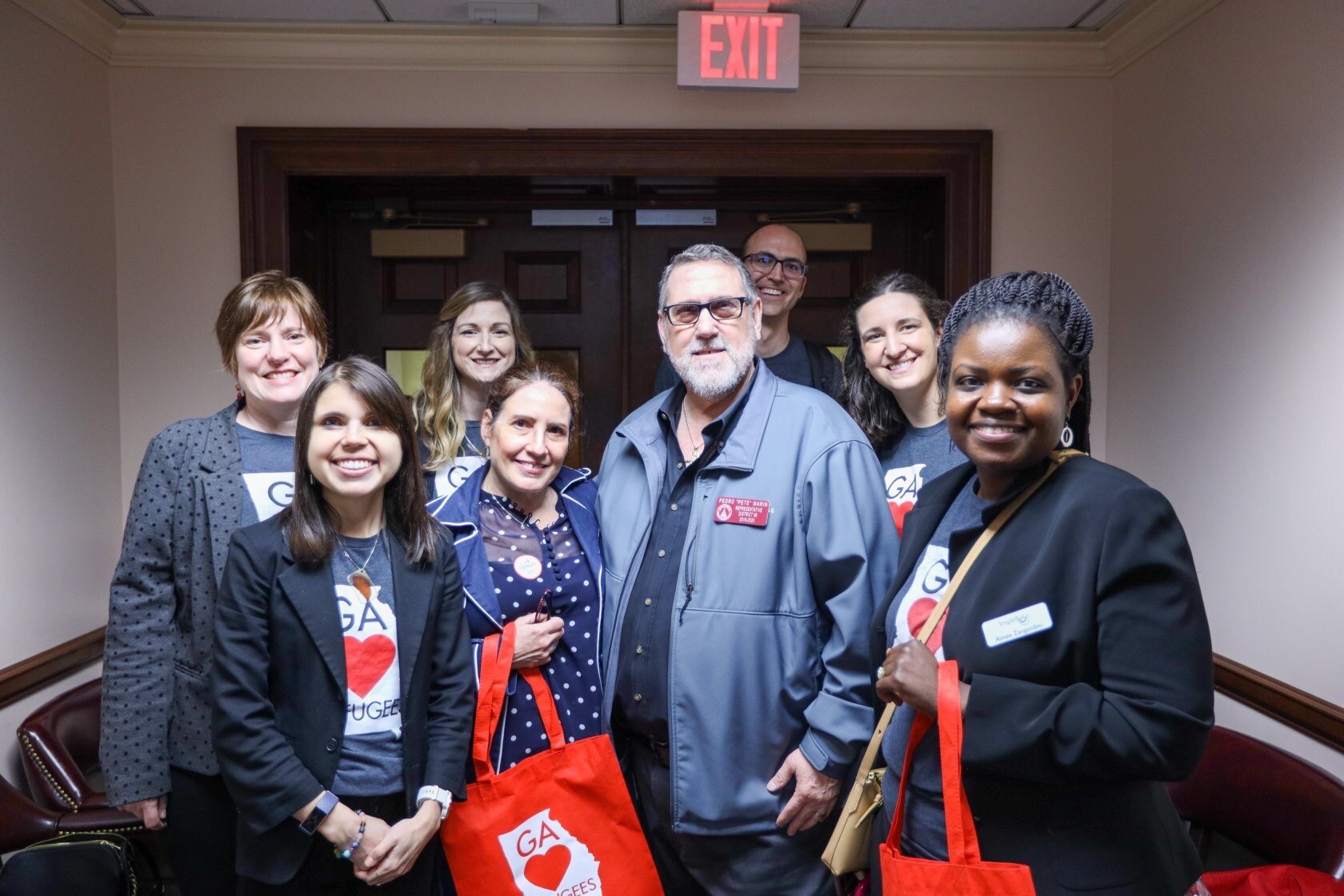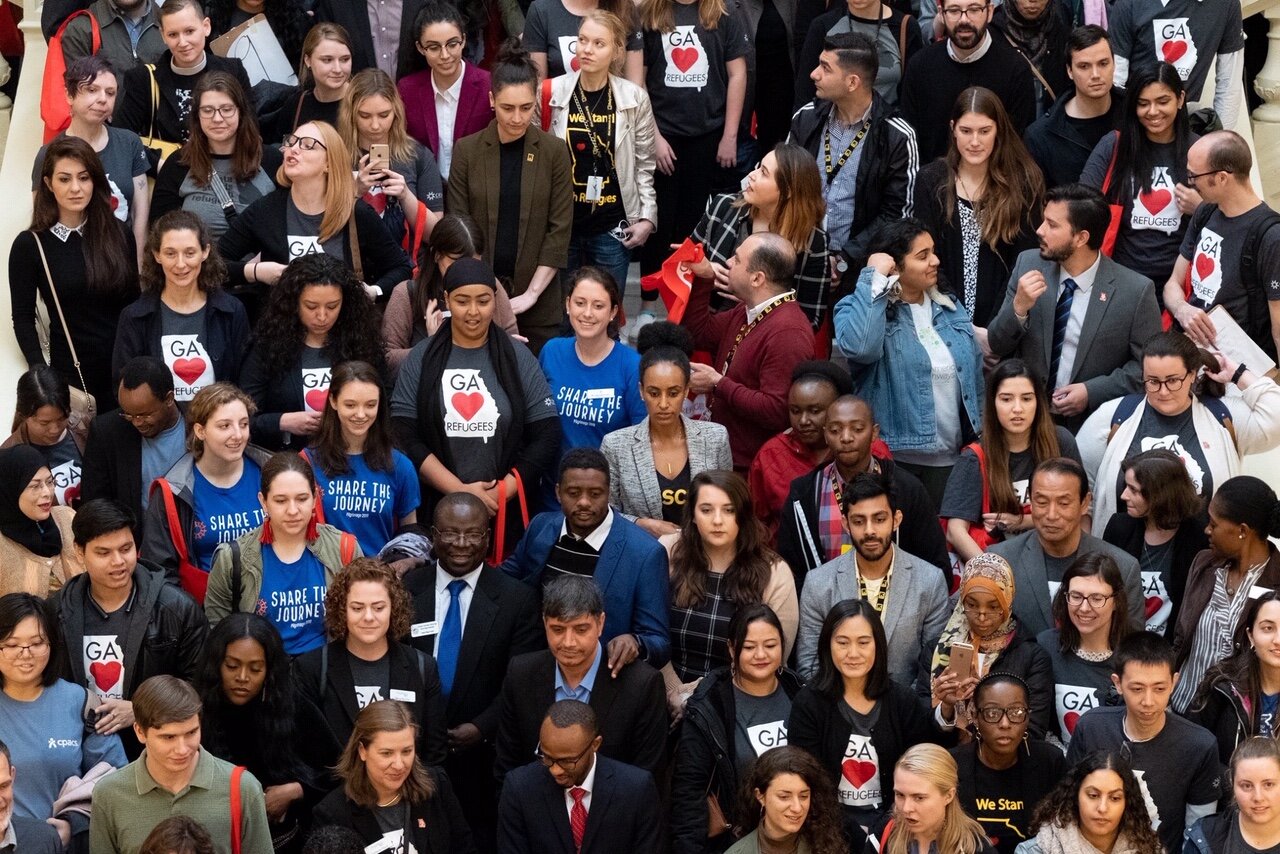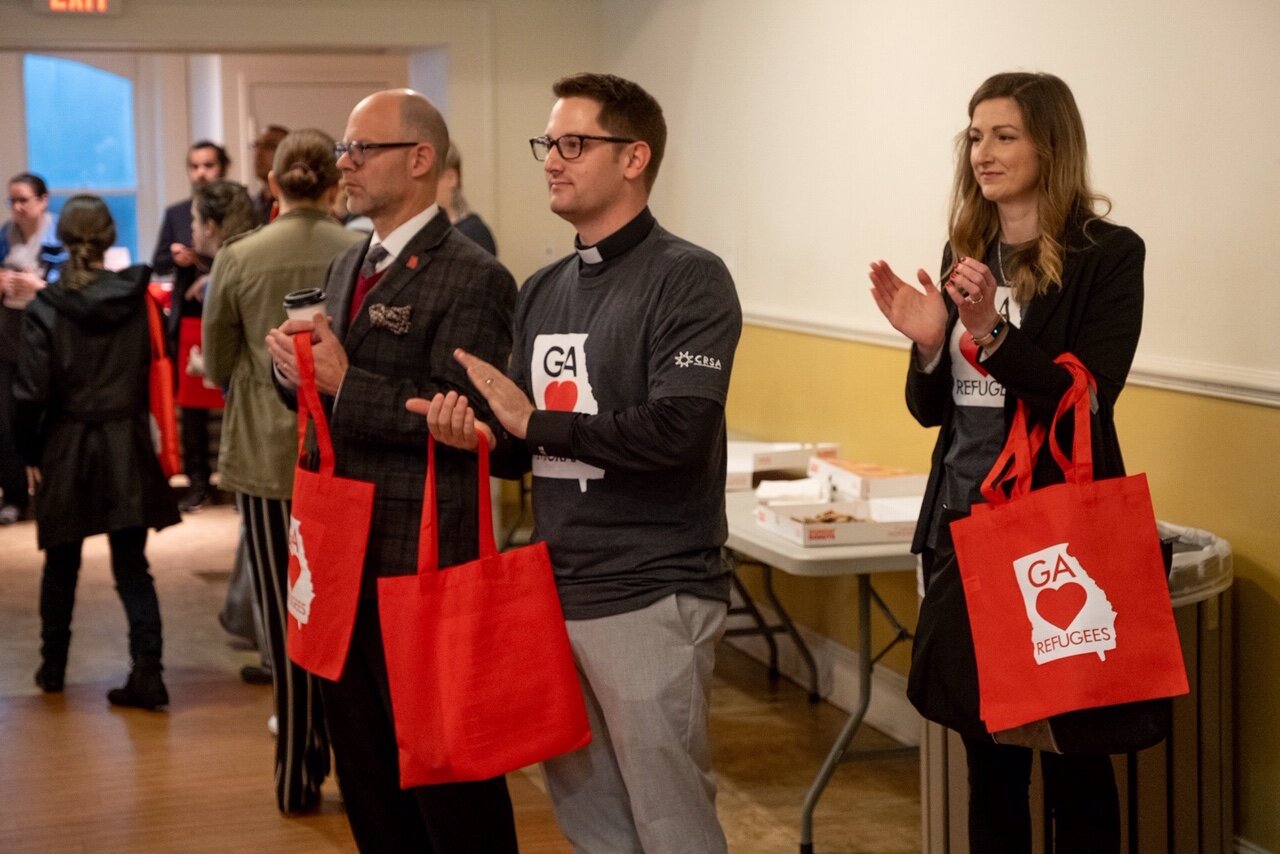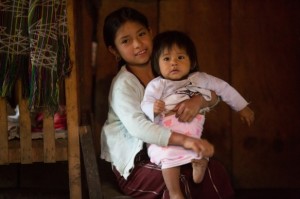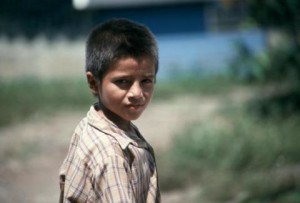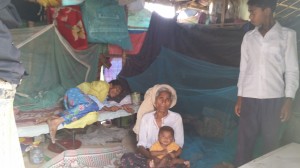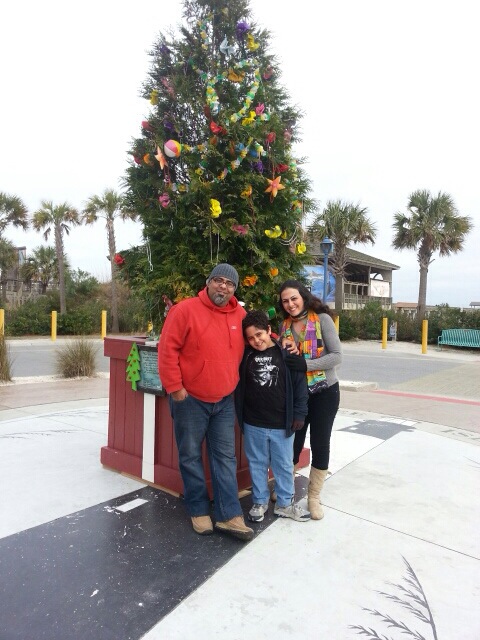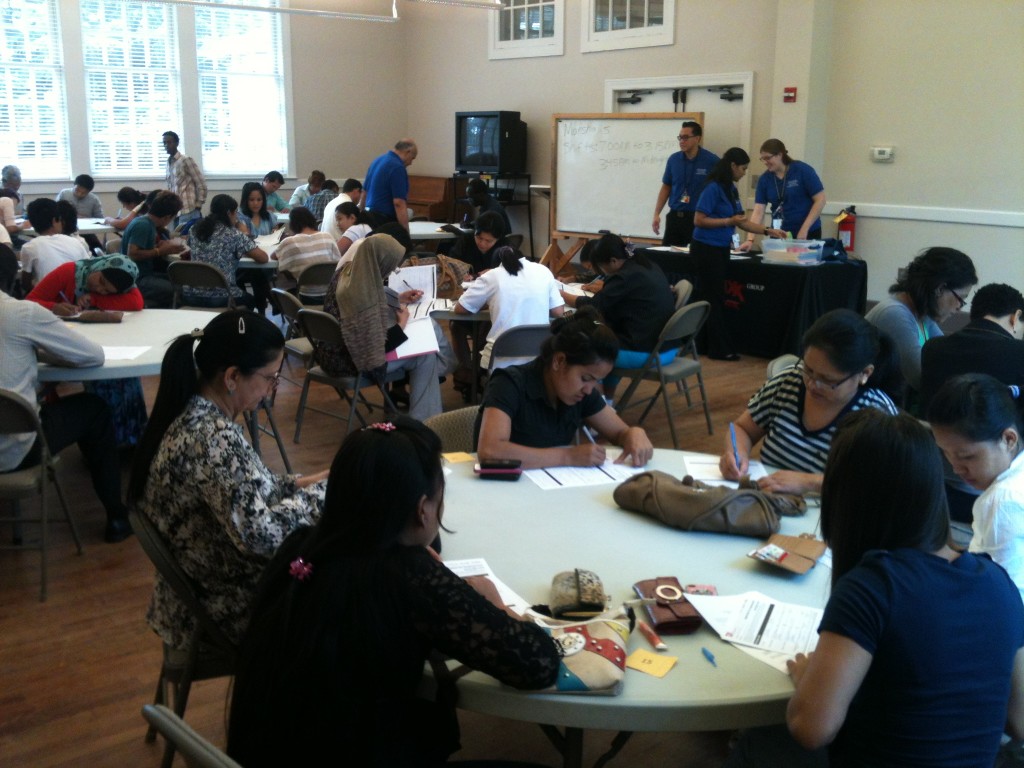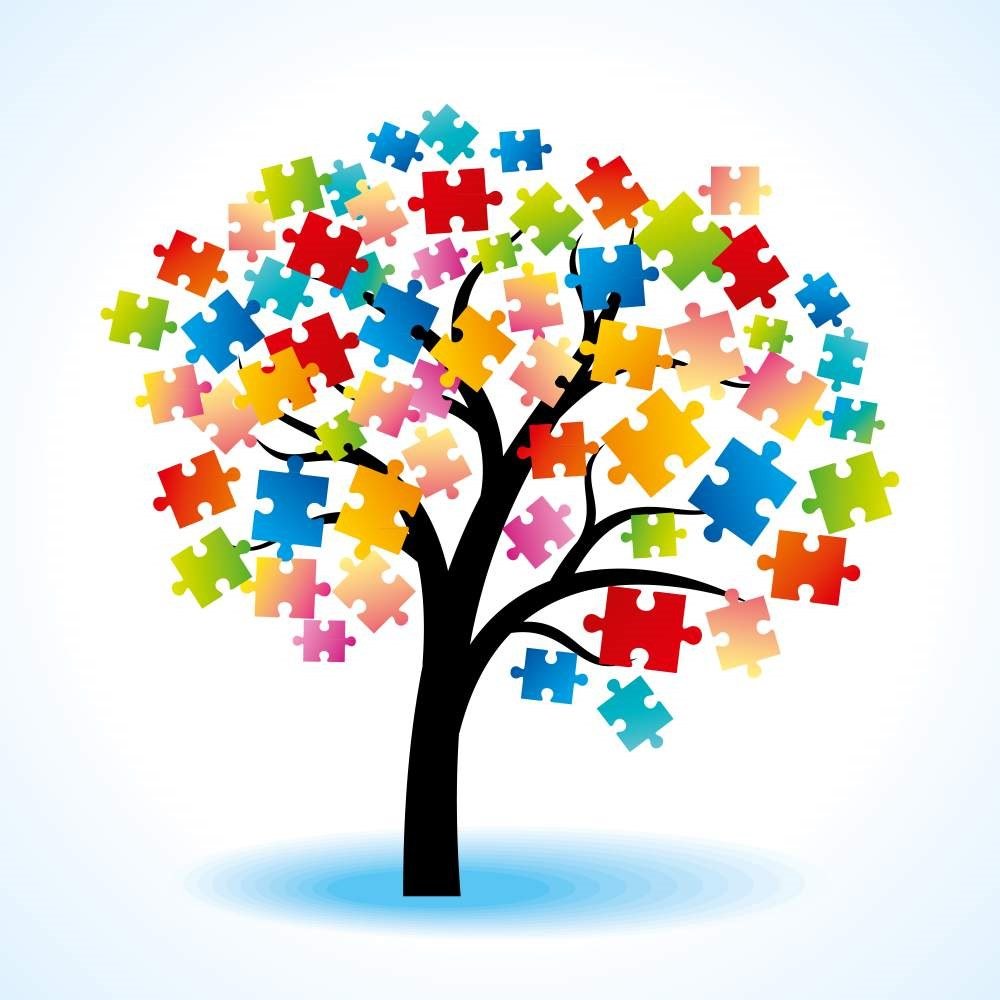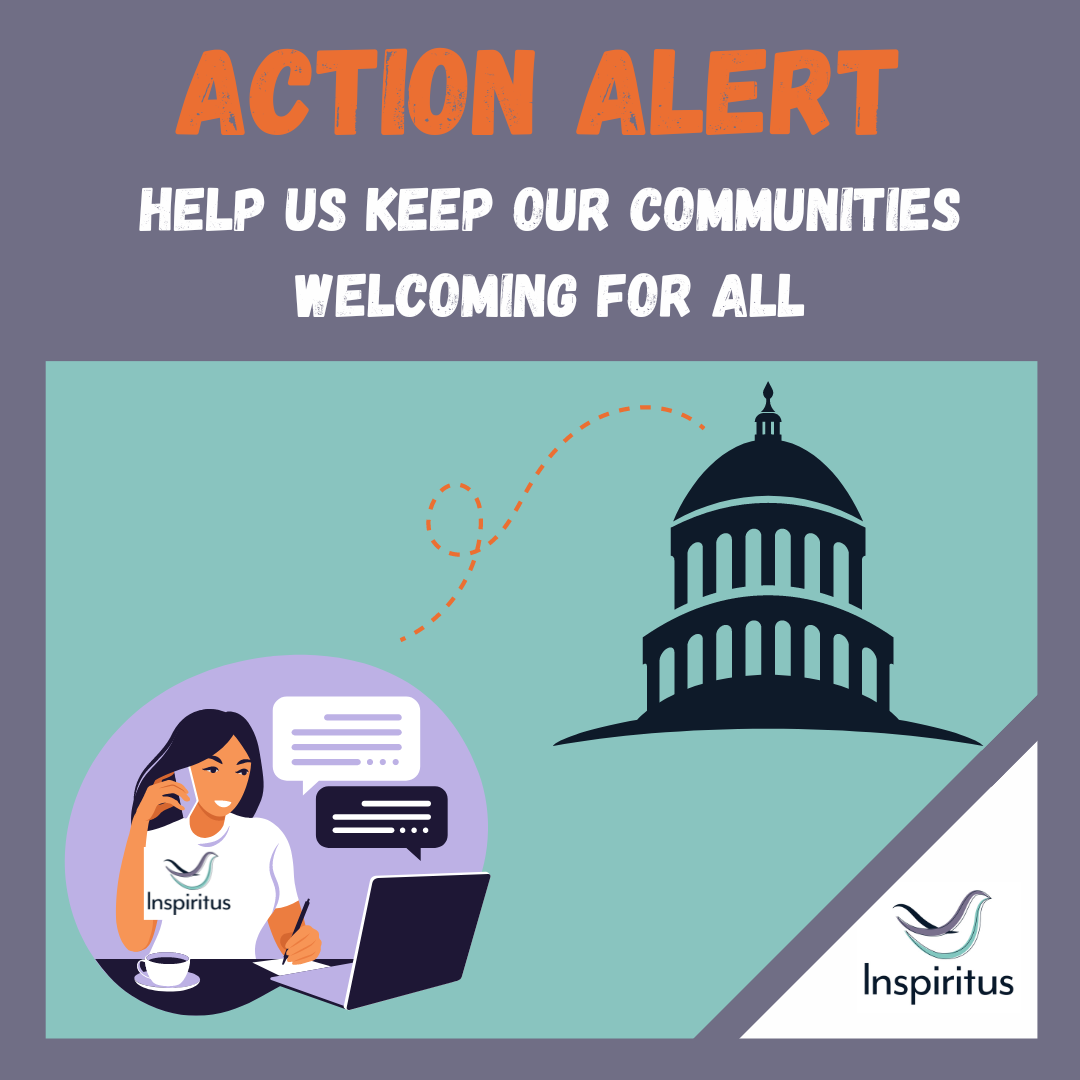Jessie Griggs Burnette, a former LSG resettlement intern and current volunteer, recently spent time with refugees in New Delhi, India. Jessie is currently studying for her Master’s in Anthropology at Georgia State University. On our blog, Jessie is writing a three-part mini-series based on excerpts from her journal. Read her second post below.

Important Note: This trip to India was not for publishable research. This was a personal voyage to meet a group of people that I knew were in need of help and attention. This blog post is, literally, a glimpse into my personal diary. It isn’t meant for publication or academic use. It is simply a raw reflection of my experiences. I am often asked about my own feeling as I travel and work abroad. I feel that by sharing my own feelings and thoughts with the public, I may be able to convince others to take risks – to face their fears. It is easier than one may think to travel, learn, and help. Everywhere I go, I am met by kind and generous people, always protecting and guiding me. Others can do the same. I want to be a voice for those who can’t use their own. Sharing my personal experiences within a community waiting for resettlement is one way I can do so.
As the refugee leader directs my driver through the streets of New Delhi, I try to refrain from imagining where I am headed. I want to go without expectation of what is to come. I know I am being taken to a place my new friend has described in a way that sounds nothing less than devastating. This will be a very different scene than the one I had encountered the previous day. According to my guide (a refugee himself), these refugees are relatively new arrivals. Working scarce and dangerous night jobs in the city, they have very limited resources. He had asked me to visit them so that someone "on the outside" would know they existed.
I tell myself to go without a vision of what is to come. I somehow feel my actions will be more genuine upon arrival if this is the approach I take. Why this matters, I am not sure. Even though I am not here for official work or research, the anthropologist within me wants to remain as neutral as possible as I enter this community of displaced people for the first time. As our car turns off the pavement onto a dirt road, I catch my first glimpse of the makeshift tent homes. I had previously seen images like this from afar and from photos given to me by refugee friends living in official UNHCR camps. However, the reality of being in the scene first-hand comes with new responsibility. As I strain my eyes to see what is ahead, my informant tells the driver to stop the car. The road is too rutted to drive down.
As I approached the camp on foot, I am not aware of what I expected. I had tried to eliminate all expectations. Even if I had allowed myself to imagine the circumstances, I couldn't have dreamed up anything close to the reality of the situation. This camp is unofficial. It was constructed with donated funds and arranged by other refugees with (somewhat) more stability. Inside, the individuals struggle to survive. What I find is senseless suffering.
As I stand among the Rohingya refugees, I do a quick assessment of myself. I am unsure of what I am feeling. I feel astonished, uncomfortable, sad, angry, and most of all I feel confused. One moment I am in a home with beautiful marble walls and floors, sipping tea and enjoying biscuits, and the next I am surrounded by suffering, hunger, and hopelessness. As a graduate student studying anthropology, I am all too aware of the social inequalities and structures leading to these types of scenarios. I am also hyperaware of my own culturally constructed expectations and biases. And yet, in the moment, all of these structures make me very angry. I am bewildered. I find myself searching for the human factor in all of this. I wonder how human beings can cause others to suffer in such a devastating manner.
I see desperate mothers, fathers, and babies. There are about 15 children of staggered age and height gathered around me with their mothers. I once again recognize the familiar faces and traditional clothing from my work with refugees back in Clarkston, Georgia. My friend had stopped to buy chocolates for the children on the way over. He passes me the bag of candy. I distribute them to the children first who wait patiently with wide eyes and eager smiles for their turn. Some of the outstretched hands are so tiny that I can barely fit two chocolates inside. I stuff as many pieces as I can into their little palms. After the children have a few candies each, I share them with the women. They smile kindly and I wonder what they are thinking.
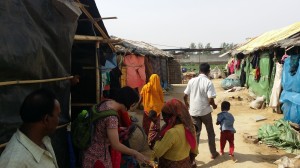 As I distribute chocolates, I look down a very short and dusty tent-lined lane. The tiny vinyl village is constructed of tarps and bamboo. I immediately wonder what will happen when the monsoon season arrives. It is quickly approaching. How will they possibly stay dry? Belongings hang from the canvas walls, elevated from the dirt floors inside the smoldering hot shelters. I am told that 34 people are living here. From what I can see, many of them are children, pregnant women, and people in obvious need of medical care. The tarps are strung together in a way that resembles a makeshift motel, the wall of one room supporting the next. One larger room stands separately and has a rug-lined floor. This, I learn, is the church that doubles as a school house. This building catches my eye as I am invited in by the pastor. I accept the invitation and follow the community leaders inside. The rest of the camp residents flow in after us. With the help of two translators, taking us across three languages, we discuss the inequalities faced by the Rohingya population on a daily basis. I listen most of the time as folks take turns talking around me. They eagerly share a laundry list of problems in hopes of someone outside listening: discrimination, poverty, hunger, beatings, robberies, sexual assault, rape, lack of shelter, etc. Of all these issues that need to be dealt with, the families say they first want education for their children. One seemingly strong lady speaks up and asks me to please help them find a way to educate their children. Through a translator, she tells me, "Everything else, we will figure out, but education, we cannot properly provide."
As I distribute chocolates, I look down a very short and dusty tent-lined lane. The tiny vinyl village is constructed of tarps and bamboo. I immediately wonder what will happen when the monsoon season arrives. It is quickly approaching. How will they possibly stay dry? Belongings hang from the canvas walls, elevated from the dirt floors inside the smoldering hot shelters. I am told that 34 people are living here. From what I can see, many of them are children, pregnant women, and people in obvious need of medical care. The tarps are strung together in a way that resembles a makeshift motel, the wall of one room supporting the next. One larger room stands separately and has a rug-lined floor. This, I learn, is the church that doubles as a school house. This building catches my eye as I am invited in by the pastor. I accept the invitation and follow the community leaders inside. The rest of the camp residents flow in after us. With the help of two translators, taking us across three languages, we discuss the inequalities faced by the Rohingya population on a daily basis. I listen most of the time as folks take turns talking around me. They eagerly share a laundry list of problems in hopes of someone outside listening: discrimination, poverty, hunger, beatings, robberies, sexual assault, rape, lack of shelter, etc. Of all these issues that need to be dealt with, the families say they first want education for their children. One seemingly strong lady speaks up and asks me to please help them find a way to educate their children. Through a translator, she tells me, "Everything else, we will figure out, but education, we cannot properly provide."
The unofficial meeting comes to a close. As we depart, I help an elderly lady off the ground. Her breathing is labored and her arms are as thin as an infant's. She is weak and weathered. I make an assumption that is later confirmed; she is suffering from the final stages of TB. I say goodbye with a smile. As I climb back into the air-conditioned auto, I pull my sunglasses close to my cheeks to catch the tears that I can no longer fight back. I have never felt a sense of helplessness quite like this. My thoughts turn to their home country of Burma and envision the larger scene of turmoil there. The political and structural violence is powerful and prominent. I wonder if they will ever know peace and comfort again.
For part three of Jessie's visit to New Delhi refugee communities, visit our blog on August 12. Click here to read part one.


